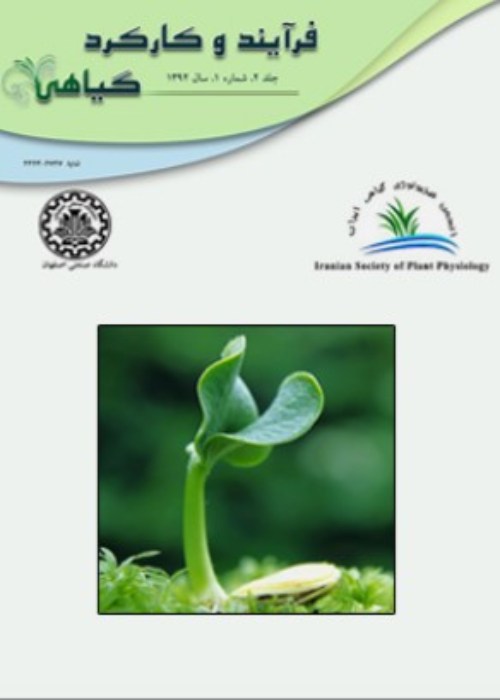The effect of silicon nanoparticles on morpho-physiological and biochemical parameters of Calendula officinalis L. plants under salinity stress in hydroponic culture conditions
Nanoparticles depending on the plant species, methods used, culture conditions, concentration, etc. may have different effects on the induction of physiological and metabolic processes in plants. In this study the effects of different levels of silicon nanoparticles (0, 75, 150 and 300 mg/L) and salinity stress (0, 50 and 100 mM NaCl) were investigated as a factorial experiment based on completely randomized design with three replications under hydroponic culture conditions on morphological, physiological and biochemical parametres of Calendula officinalis L. plant. Scanning Electron Microscopy (SEM) confirmed the adsorption and translocation of silicon nanoparticles through leaves and roots upon experimental treatments. The results of analysis of variance (ANOVA) showed that the interaction effects of silicon nanoparticles and salinity stress on all measured traits were significant (P <0.05). Results showed that salinity stress reduced plant height, shoot dry weight, number of capitols, the largest flower diameter, flower yield, total chlorophyll and carotenoids and leaf relative water content.In contrast, the application of silicon nanoparticles reduced the negative effects of salinity stress (lipid peroxidation), improved growth parameters, photosynthetic pigments, quantitative (flower production) and qualitative (quercetin content) yield of the plant compared to the control, and there was a statistically significant difference in this regard between silicon nanoparticle levels. The results of analysis of extracts by HPLC showed that the highest amount of quercetin (309.78 μg/g dry weight) was related to the treatment of 150 mg/L silicon nanoparticles and salinity stress of 50 mM. Also, the antioxidant activity of plant flower extracts in different experimental treatments showed a significant (P <0.01) difference on inhibition of DPPH free radicals and had a similar trend with phenolic and flavonoid contents. Therefore, the use of appropriate concentration of silicon nanoparticles is effective in reducing the negative effects of salinity stress and increasing the content of pharmacologically active metabolites in marigold.
- حق عضویت دریافتی صرف حمایت از نشریات عضو و نگهداری، تکمیل و توسعه مگیران میشود.
- پرداخت حق اشتراک و دانلود مقالات اجازه بازنشر آن در سایر رسانههای چاپی و دیجیتال را به کاربر نمیدهد.


